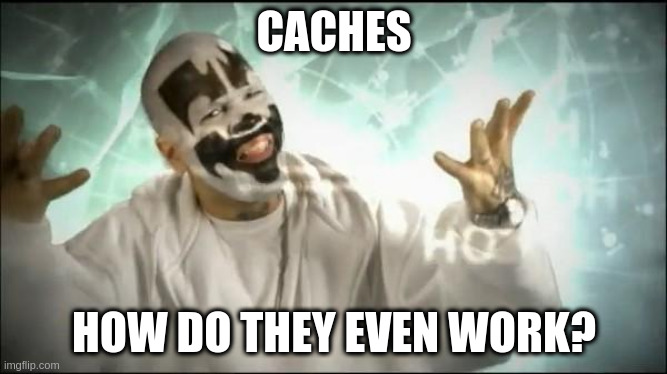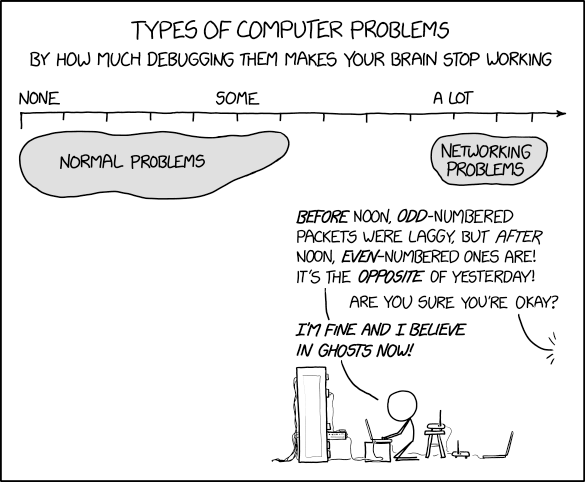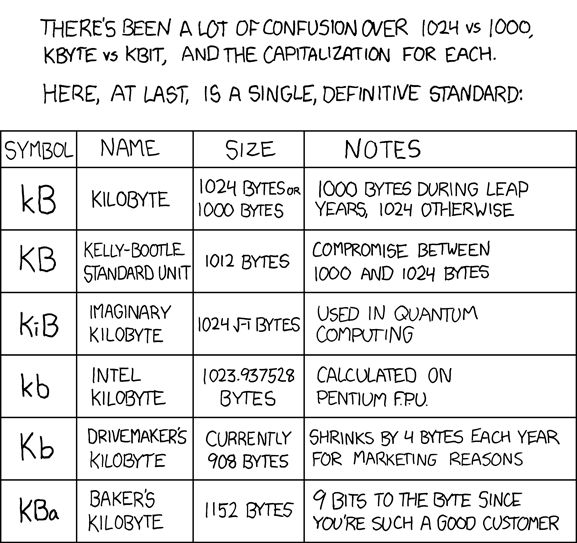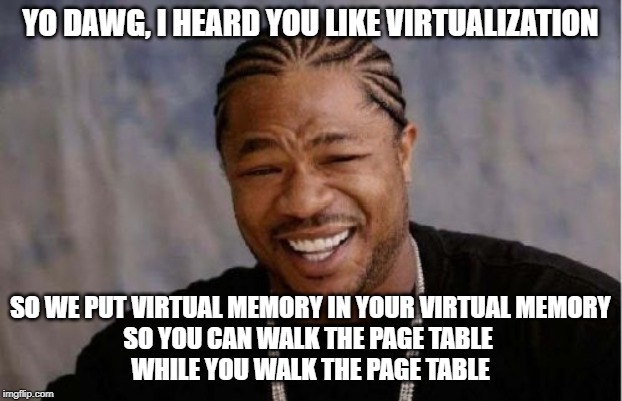Most of the reading links are based on DOI. You can find the papers in ACM DL, IEEE Explore, or on the Morgan Claypool website. You will have to log into the Campus VPN to access the papers.
Let us know on Teams if you can’t find the paper or can’t log into the VPN and we can upload a version of it on Teams for you.
NOTE: All chapter/section numbers are inclusive. I.e., if it’s Sections 4-4.2 you should read Sections 4, 4.1, 4.1.1, 4.1.2, and Section 4.2.
Hint
You’re encoraged to discuss the reading outside of class with your fellow classmates. You are welcome to use Teams to discuss the paper and ask questions. You may also find it useful to form “reading groups” to discuss the paper together.
How lecture will work (20% of your grade!)
Before every lecture, you must read the required reading listed below. You must submit 2 “test-like” questions based on the reading. These questions will be graded on the following scale:
- 1 points: The question is off topic or has fundamental mistakes
- 2 points: The question only requires recalling facts from the reading
- 3 points: The question demonstrates a deep understanding of the reading and asks a research-like question that requires coalescing knowledge.
For the first 45 minutes to an hour of lecture Professor Akella and/or Lowe-Power will reinforce the reading. We will only hit the highlights, fill in blanks which the reading misses, and answer questions you may have (i.e., if you don’t do the reading you will miss important information!).
Then, we will randomly assign everyone to breakout rooms for 15-30 minutes to work in groups to answer the questions you proposed. We will select 2-4 questions for each lecture which you will have to write 1-2 paragraph answers. You will work together on a google doc within your group and then turn in the document at the end of the breakout session.
Example questions:
Let’s say the reading was on cache coherence and memory consistency.
- 1 point: Explain why cache coherence only matters for out-of-order cores.
- 2 point: Give an example thread interleaving which is a valid sequentially consistent order where a load and a store are executed in a different order than program order.
- 3 point: Compare and contrast a snooping-based protocol and a broadcast-based directory protocol (Dir0B). In both cases, every request is “broadcast” to all caches, so when would you use one vs the other?
You will be graded based on your answers to these questions. The breakout sessions answers and the questions you submit before class will make up 20% of your grade.
Reading lists
- Week 1: Introduction to High-performance Computer Architecture
- Week 2: Cache coherence and memory consistency
- Week 3: On-chip interconnection networks
- Week 4: Memory system
- Week 5: Virtual memory and Virtualization
Week 1: Introduction to High-performance Computer Architecture

Lecture 1 (3/30): Intro and technology
Required reading: Watch the 2019 Turing Lecture by Hennessy and Patterson. https://youtu.be/3LVeEjsn8Ts
Lecture 2 (4/1): Case study of modern processors
Required reading: IEEE MICRO papers on AMD’s Zen2 and Intel’s Skylake.
Optional/Reference: Wikichip’s coverage of Zen2 and Skylake.
Week 2: Cache coherence and memory consistency

Lecture 3 (4/6): Cache coherence (intro) and memory consistency
Required reading: Synthesis Lecture: A Primer on Memory Consistency and Cache Coherence, Second Edition
- Chapter 1
- Chapter 2
- Chapter 3 (Skip 3.8-3.11)
- Sections 4.1, 4.2
- Sections 5.1, 5.2-5.2.2
- Optional: Sections 5.4 and 5.9
Lecture 4 (4/8): Cache coherence implementation
Required reading: Synthesis Lecture: A Primer on Memory Consistency and Cache Coherence, Second Edition
- Chapter 6
- Sections 7-7.2.5
- Sections 8-8.2.6
- Optional: Chapter 11
Week 3: On-chip interconnection networks

Lecture 5 (4/13):
Required reading: Computer Architecture - A Quantitative Approach, 6th Edition,Appendix F (Interconnection Networks)
- Section F.2 and Section F.3 (skim through these sections quickly)
- Section F.4
- Section F.5
Lecture 6 (4/15):
Required reading: Computer Architecture - A Quantitative Approach, 6th Edition,Appendix F (Interconnection Networks)
- Section F.6
- Section F.8
Week 4: Memory system

Lecture 7 (4/20):
Required reading: Synthesis Lecture: Innovations in the Memory System
- Chapter 1
- Chapter 2
- Chapter 4
Lecture 8 (4/22):
Required reading: Synthesis Lecture: Innovations in the Memory System
- Chapter 5
- Chapter 6
Required reading:
Week 5: Virtual memory and Virtualization

Lecture 9 (4/27): Virtual memory
Required reading: Synthesis Lecture: Architectural and Operating System Support for Virtual Memory
- Chapter 1
- Chapter 2
- Chapter 3
- Sections 4.2-4.4
- Sections 6-6.1
Lecture 10 (4/29): Hardware support for virtualization
Required reading: Synthesis Lecture: Hardware and Software Support for Virtualization
- Chapter 1
- Sections 2-2.2
- Sections 3.2, 3.3
- Chapter 4
- Chapter 5